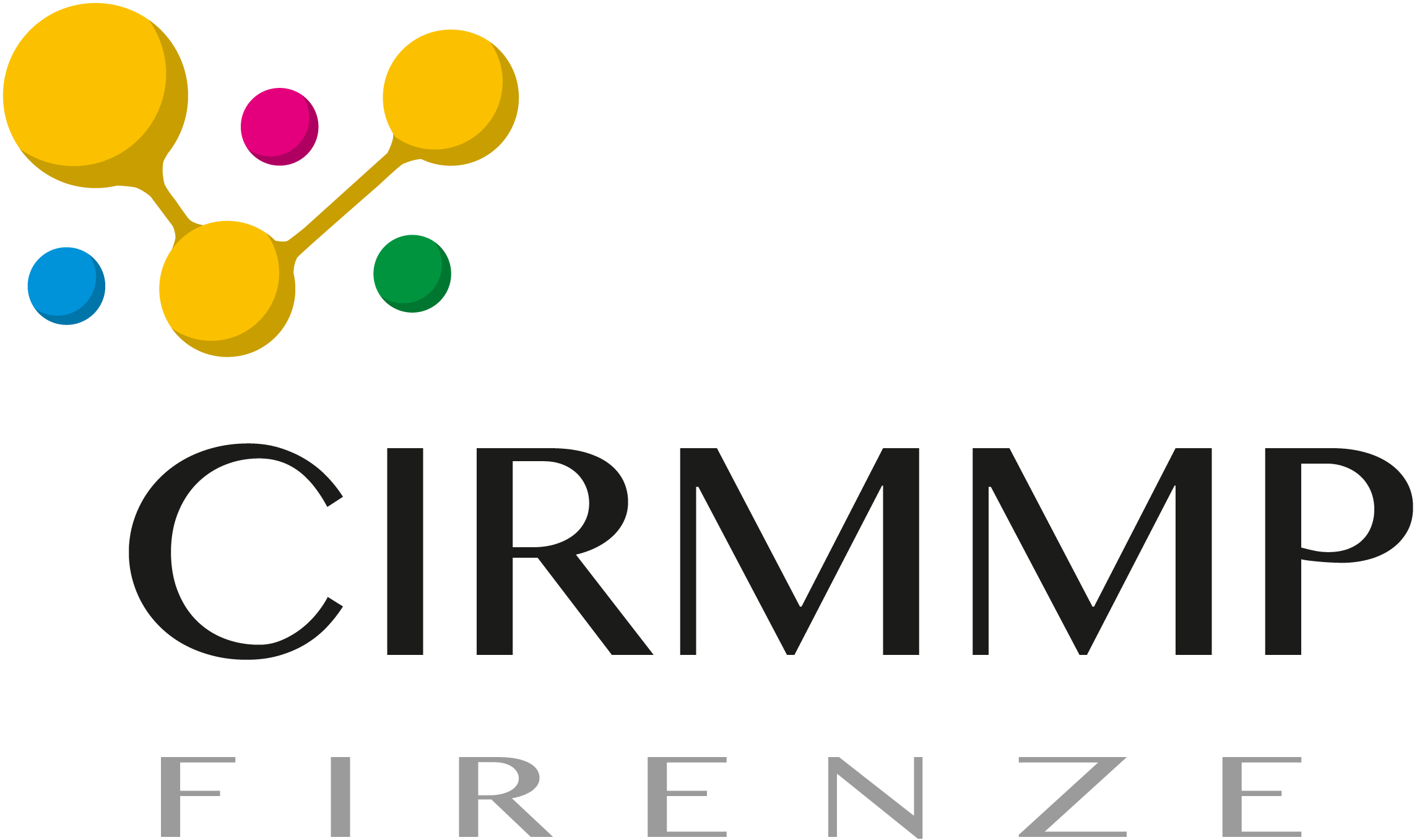The team at Inter-University Consortium for Magnetic Resonance of MetalloProteins (CIRMMP), in Florence, Italy, is led by Claudio Luchinat.
The team is part of the CERM/CIRMMP infrastructure for Life Sciences. The research infrastructure has a particular focus on structural biology and specialisations in NMR spectroscopy, relaxometry, bioinformatics, molecular and cellular biology, novel drug and vaccine design, and metabolomics.. CIRMMP has provided a service for magnetic resonance at the European level since 1994, and also supports a national service for private and public research institutions through a national scientific committee.
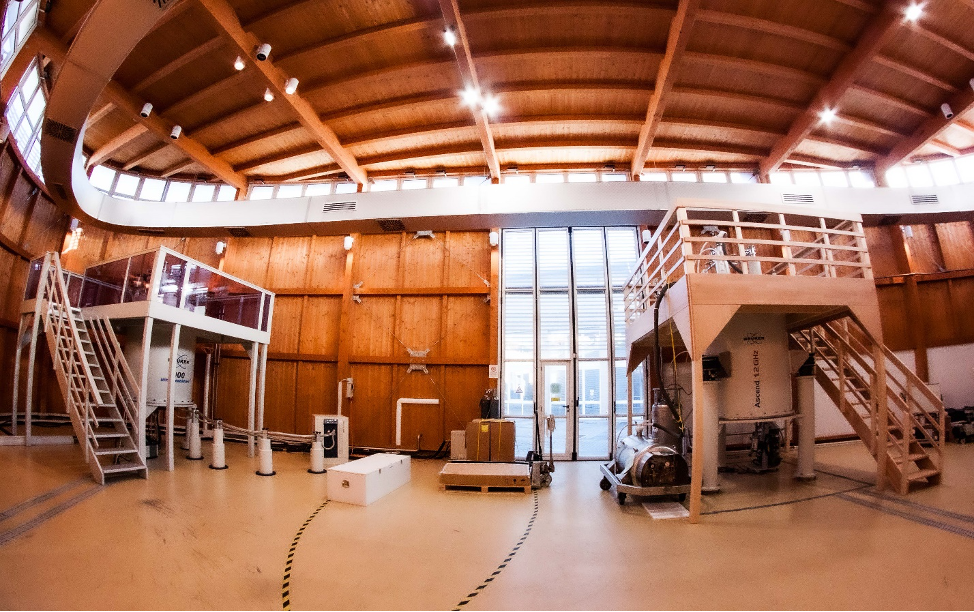
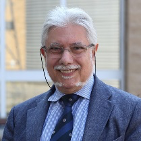
Claudio Luchinat is full professor of Chemistry at the University of Florence, Director and President of CIRMMP. His research interests include bioinorganic chemistry, structural biology, development of NMR-based structural methodologies in solution and in the solid state, metalloproteins and metalloenzymes, spectroscopy, theory of electron and nuclear relaxation, NMR of paramagnetic species, relaxometry, contrast agents and NMR-based analytical methods in general. Starting from 2008, his research has been also directed towards metabolomics, aiming at obtaining the metabolic profiles of biological fluids such as urines and blood using NMR spectroscopy; defining procedures for sample preparation and for the acquisition of NMR spectra; developing statistical methods for the analysis of the data; and correlating the metabolic profiles with pathophysiological characteristics of the subjects studied.

Giacomo Parigi is associate professor at the University of Florence. His research activity is mainly oriented to the analysis of water proton relaxivity in the presence of paramagnetic complexes, like contrast agents for magnetic resonance imaging (MRI), as well as of protein protons, for getting information on protein mobility and aggregation. Another field of interest is the study of paramagnetic effects in NMR for the structural and dynamic characterization of biological molecules.
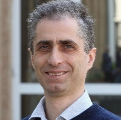
Marco Fragai is associate professor at the University of Florence. His research focus on NMR methodologies for structural biology, drug discovery and for the characterization of biomaterials, conjugated biologics and vaccines.

Enrico Ravera is faculty member of CERM, University of Florence, his research interests include NMR in solution and in solids – with particular reference to paramagnetic systems and biomaterials, EPR spectroscopy, and integrated methods for structure and dynamics of biomolecules.

Leonardo Tenori is faculty member of CERM, University of Florence, mainly involved in NMR metabolomics, especially in its applications to biomedicine, pharmacology and agricultural sciences. He investigated several pathological conditions including celiac disease, breast cancer and cardiovascular diseases.
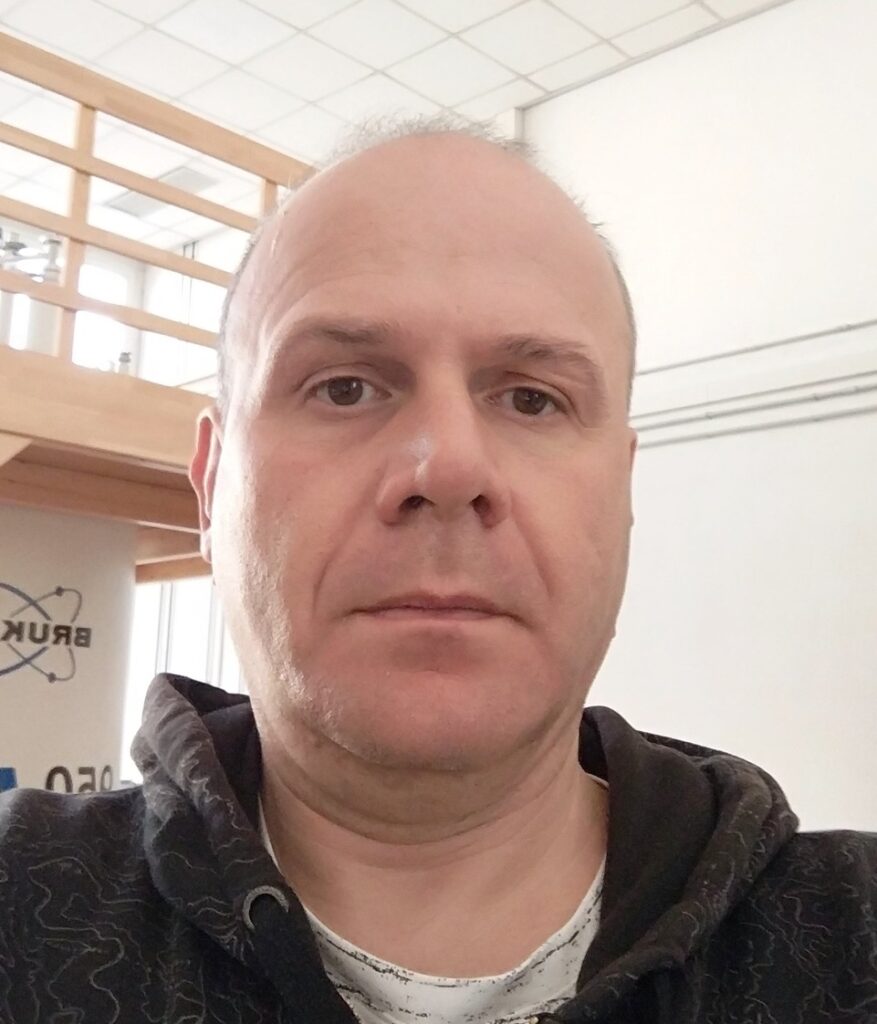
Andrea Giachetti is researcher on CIRMMP. His research focus on bioinformatics tools for structural biology, molecular dynamics simulation on metalloprotein systems, drug discovery. Cloud Computing Expert focusing on bioinformatics workflow management.
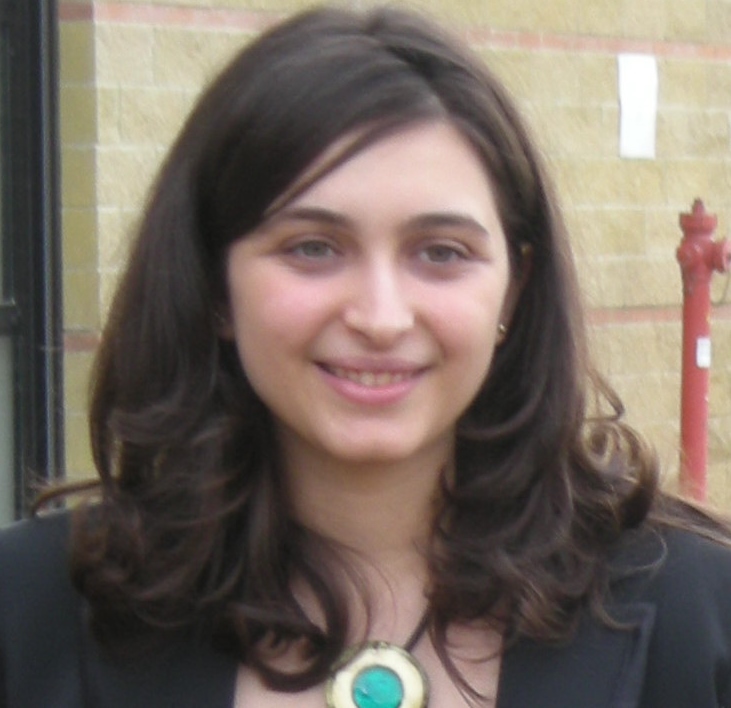
Letizia Barbieri is a Research Assistant at CIRMMP. Her research interests focus on “in-cell NMR spectroscopy” and in the development of NMR bioreactors to allow longer NMR experiments. She is also involved in preparing proteins to be studied by NMR-based structural biology and by protein-drug interactions.
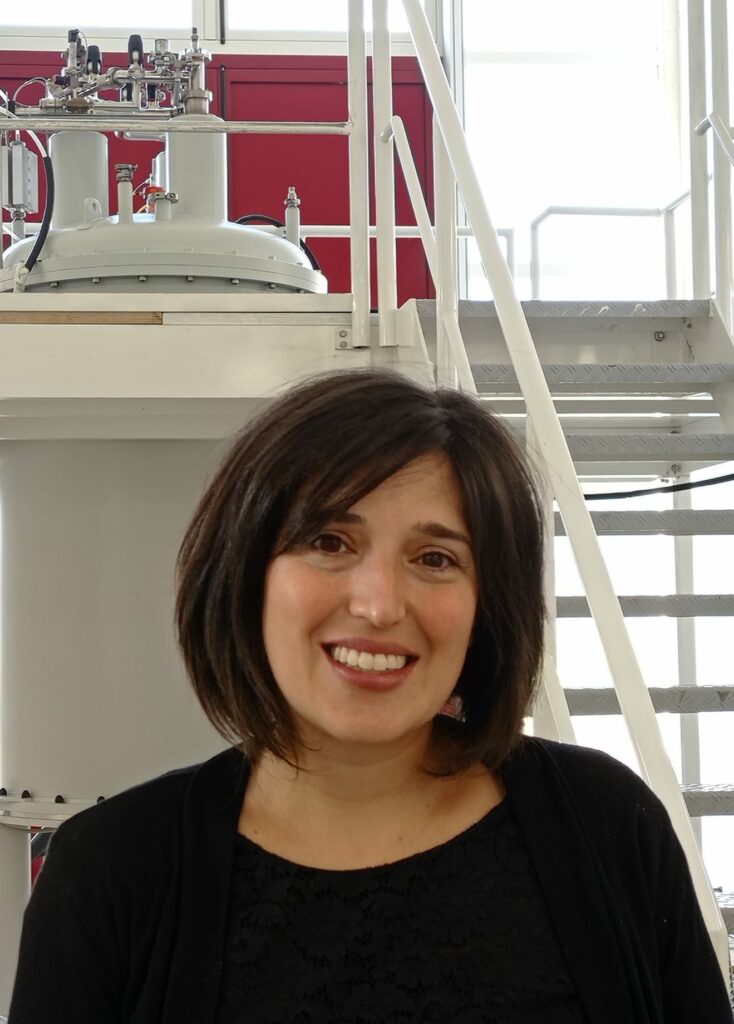
Linda Cerofolini is Research Assistant at the Interuniversitary Consortium for Magnetic Resonance of Metallo Proteins (CIRMMP, University of Florence, Italy). Her research interests focus on the use of NMR in solution and in solids for i) the study of ligands/proteins interactions, ii) the use of paramagnetic restraints in the structural and dynamic characterization of biological systems, iii) the assessment of the structure preservation of proteins/drugs in biomaterials, bio-conjugated systems and vaccines.

Giulia Licciardi graduated in Chemical Sciences from the University of Florence and obtained her PhD in the “International Doctorate in Structural Biology” program at CERM. Her interests encompass applications of FFC and high-resolution relaxometry in life and food sciences, including the design and characterization of MRI contrast agents. She is currently a postdoctoral researcher at the University of Florence, focusing on innovative approaches in NMR.
Administrative staff: Francesca Di Gloria, Francesca Morelli
Technicians: Fabio Calogiuri, Massimo Lucci
